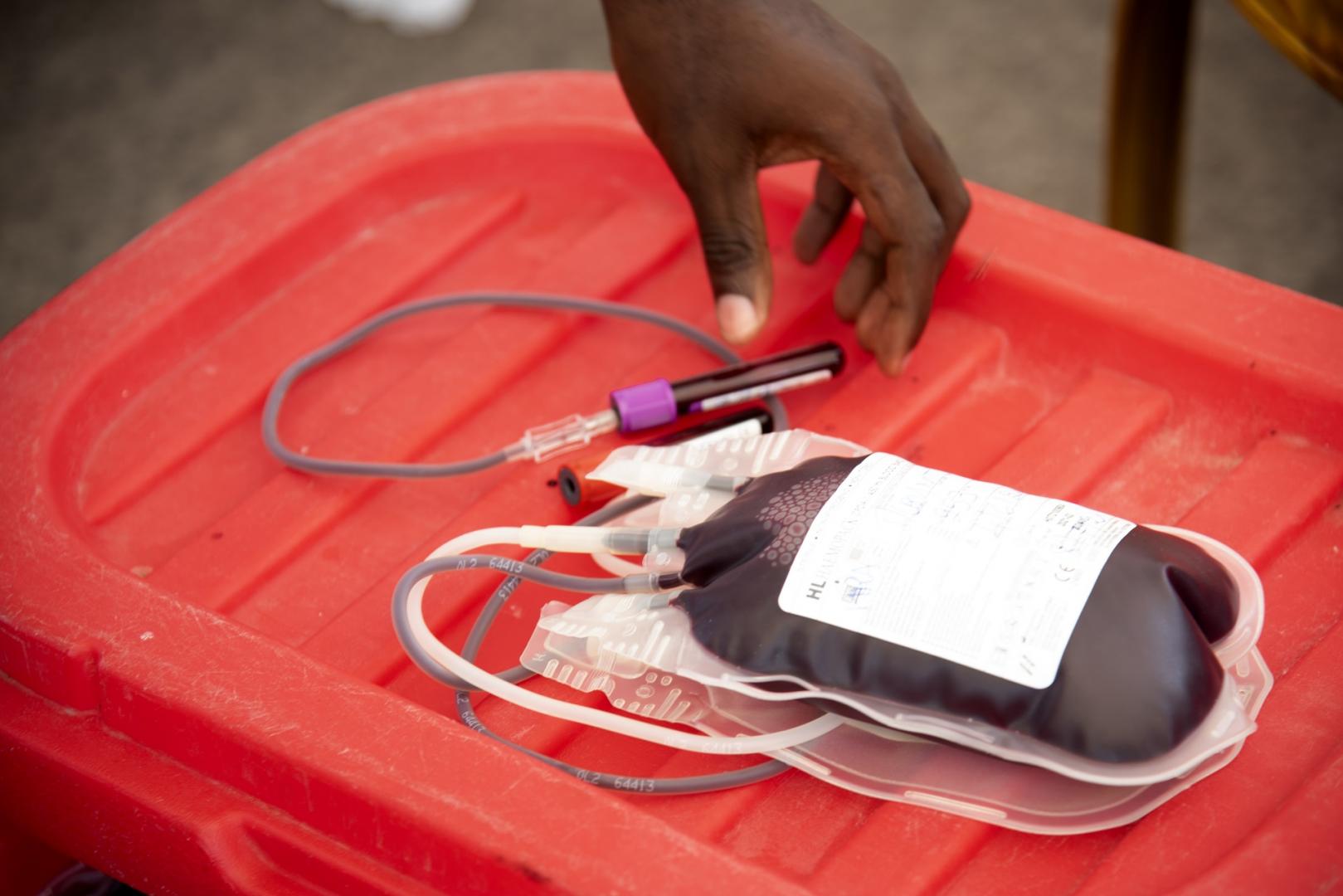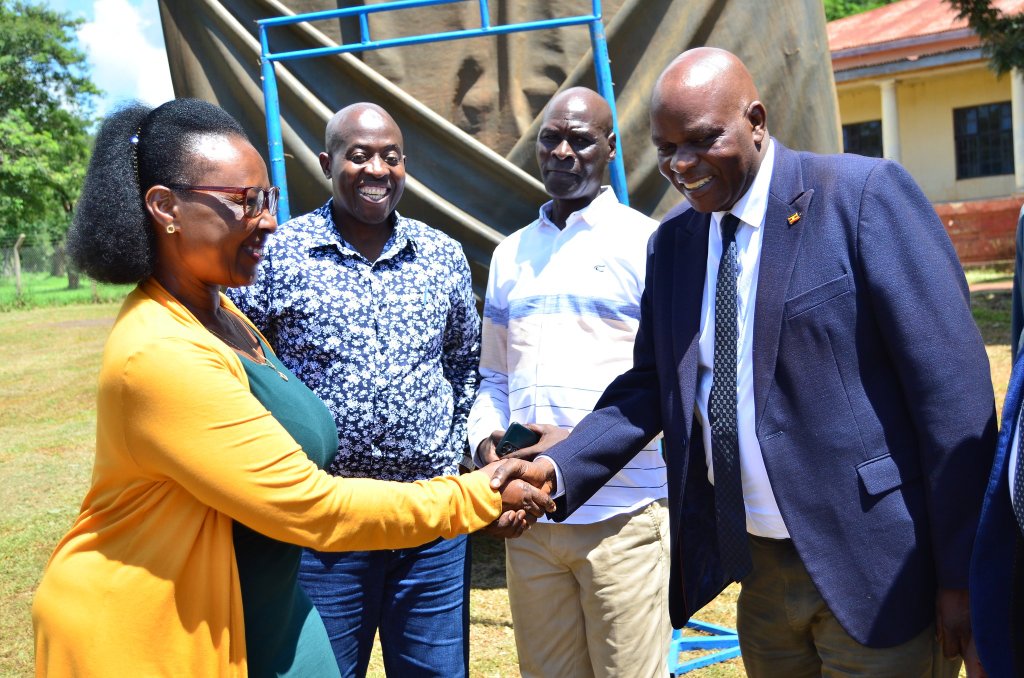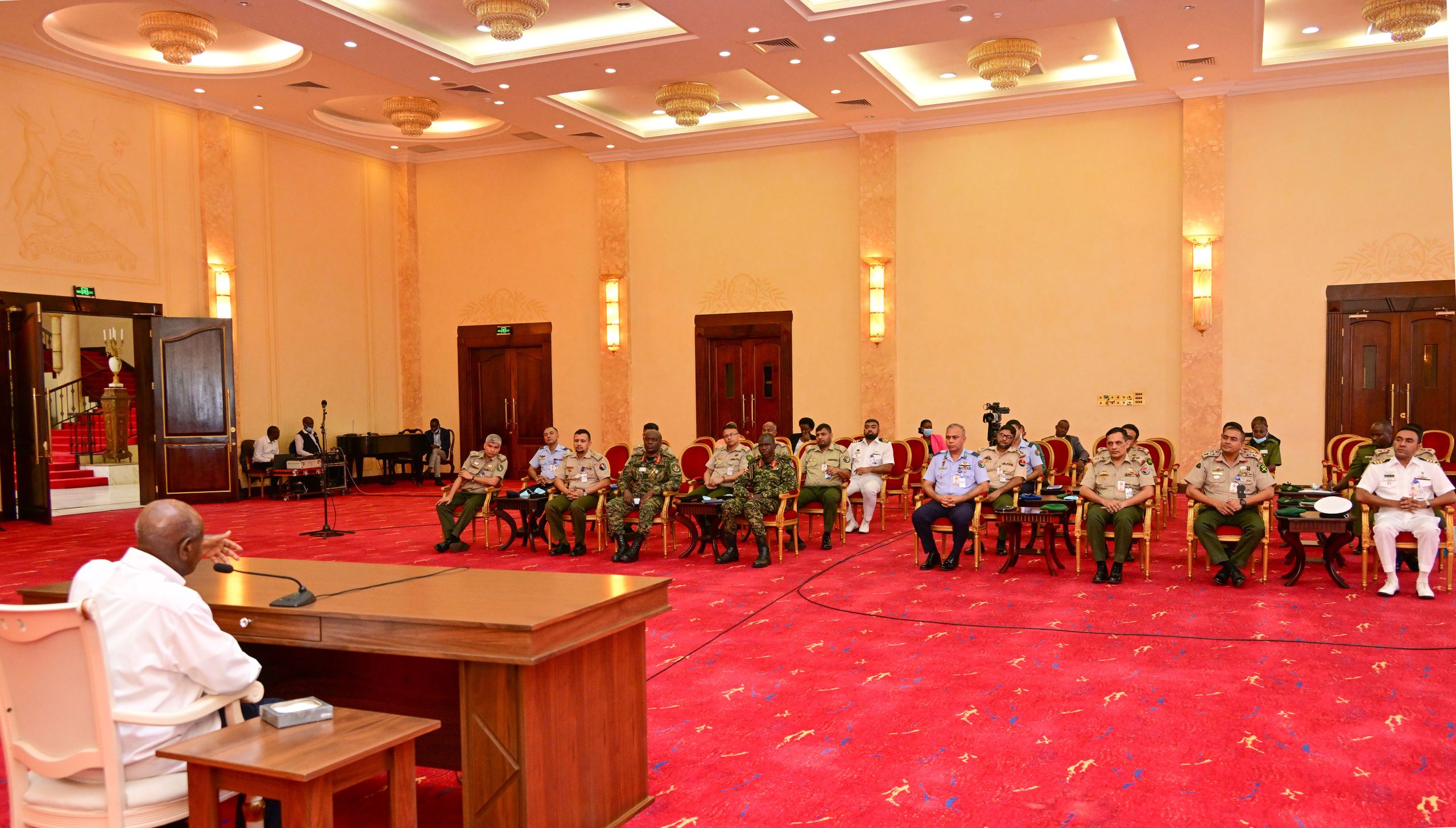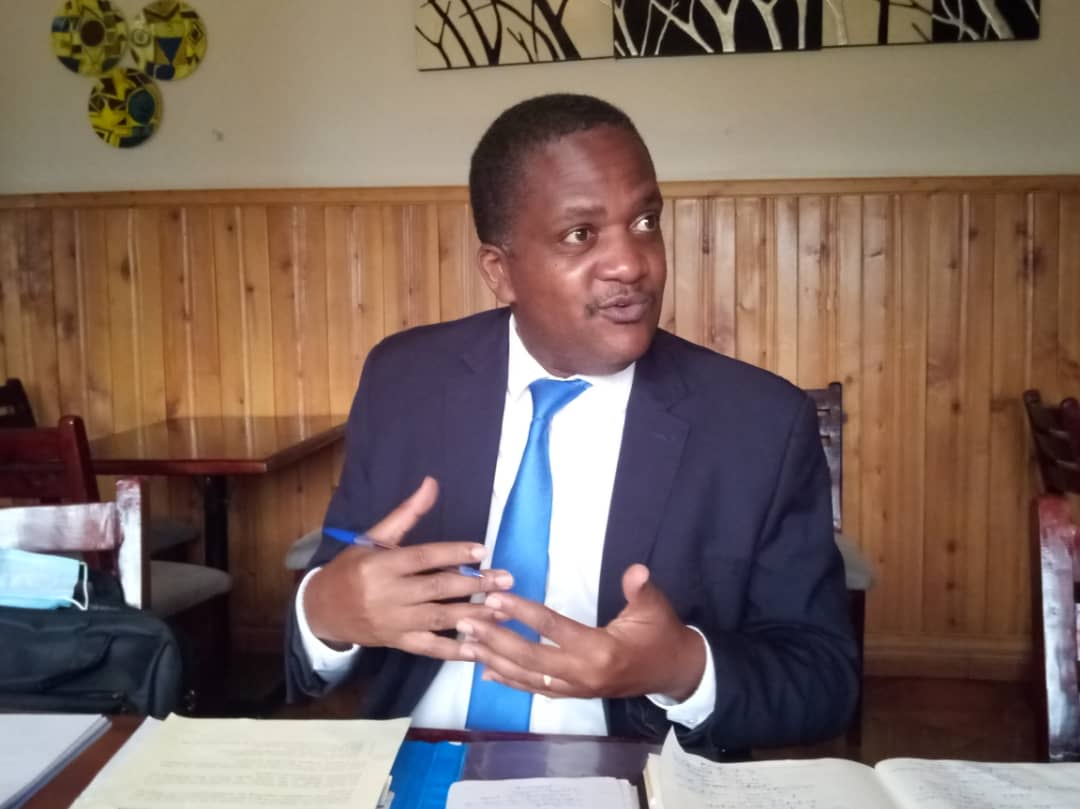In Uganda, some government scientists propose testing the blood groups of all citizens and noting this information on their national identity cards. This suggestion aims to simplify blood collection and emergency services, particularly for individuals with rare blood types like Rhesus negative.
According to Samuel Davis Wante, the clinical team leader of the Uganda Blood Transfusion Service (UBTS), obtaining enough blood from people with Rhesus negative blood type is challenging despite the high demand for it. To address this, he suggests including blood group and type information on national IDs. This would enable organizations like UBTS to identify potential donors more efficiently.
Dr. Charles Olaro, the director of curative services at the Ministry of Health, supports this initiative. He believes that embedding blood type information in national IDs or driving permits could save lives, especially in emergencies requiring blood transfusions. Additionally, knowing the Rhesus status of women of reproductive age is crucial for preventing complications during pregnancy.
Wante explains that the presence or absence of the Rhesus factor in blood cells determines whether an individual is Rhesus positive or negative. This distinction is separate from the ABO blood group system, which includes types A, B, AB, and O, each of which can be either Rh positive or Rh negative.
Although the number of individuals with Rh-negative blood type is small in Uganda, it is increasing due to factors like intermarriage and immigration. However, the demand for such blood types is also rising.
A study from Mbarara University conducted in 2016 found that Rh-negative individuals comprised about two percent of the population in Southwestern Uganda. The distribution of ABO blood groups in the same region was approximately 50.3% for blood group O, 24.6% for blood group A, 20.7% for blood group B, and 4.5% for blood group AB.
Despite efforts to encourage blood donation, there remains a shortage of Rh-negative blood. William Mugisha, the principal blood donor recruiter at UBTS, highlights this challenge, noting that only 80% of the required blood is being collected due to low donor turnout and difficulties in reaching potential donors.
However, Mugisha reassures that there is an adequate supply of blood, citing figures from various blood banks across the country. For instance, Nakasero Blood Bank alone has 1,406 units of blood available. Other centers also contribute to the blood supply, albeit in smaller quantities.




















